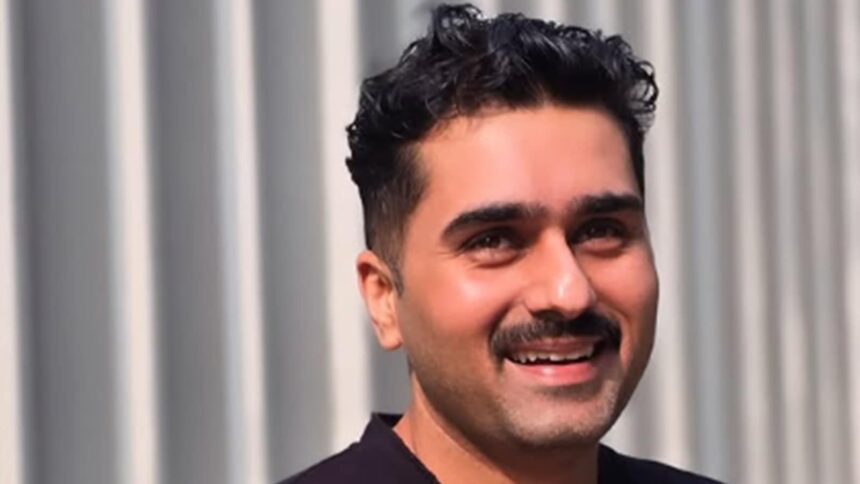It’s not easy to admit vulnerability in an online space dominated by success stories and filtered happiness. But when someone opens up about their personal hardships, especially mental and financial struggles, it offers a moment of reflection for many who may be going through something similar.
’s ex-husband and content creator Zorawar Singh Ahluwalia, known for his relatable humour, recently shared a heartfelt note about the low phase he’s currently navigating. “Since last week, I was physically and mentally feeling very weak, and I understood that some days in our lives will be good, some ok ones and then definitely some really bad ones,” he wrote on Instagram.
Zorawar further shared that financial stress has taken a toll on him, saying, “Honestly, I wanna say this out loud: I have been struggling financially, which has been giving me a lot of stress and gives a sense of feeling that I am not where I thought I would be.” While he remains hopeful, his message raises important questions about how financial insecurity can impact mental and physical health.
Jai Arora, counselling psychologist and co-founder of Kirana Counselling, says, “Financial instability is not just a numbers game — it weighs on the body and mind in very real ways. We live in a capitalistic world where everything runs on ‘capital’ or money. Chronic financial stress can activate the body’s stress response system, releasing cortisol and other hormones that, over time, can lead to fatigue, poor sleep, muscle tension, digestive issues, and a weakened immune system. Mentally, the stress may result in constant worry, reduced focus, and even depressive symptoms. So yes, the body often carries what the bank account silently screams.”
Quiet grief over unmet expectations is something we often see in therapy. Arora says, “We all carry timelines — by 30 I’ll be this, by 35 I’ll have that. When life doesn’t follow the script, it can trigger a or shame. It is almost as if you start despising yourself, not recognising the person anymore and their worth.”
This distress between the real and the ideal self can be debilitating. He explains that if left unaddressed, “it can evolve into chronic low self-esteem, anxiety, or existential burnout.” The key to healing often lies in rewriting those timelines with compassion, and recognising that growth is rarely linear.
Zorawar mentioned that opening up to loved ones gave him relief — and there’s robust science behind that. Support systems act as emotional regulators. Citing Taylor, S. E., et al. (2000) research published in , Arora says that it “consistently shows that people who feel heard and supported during tough times exhibit lower cortisol levels, better problem-solving skills, and improved . Talking to a trusted friend, partner, or therapist creates a psychological buffer — it doesn’t solve the problem immediately, but it does remind you that you’re not facing it alone. That reminder, especially in dark times, can be life-saving.”







